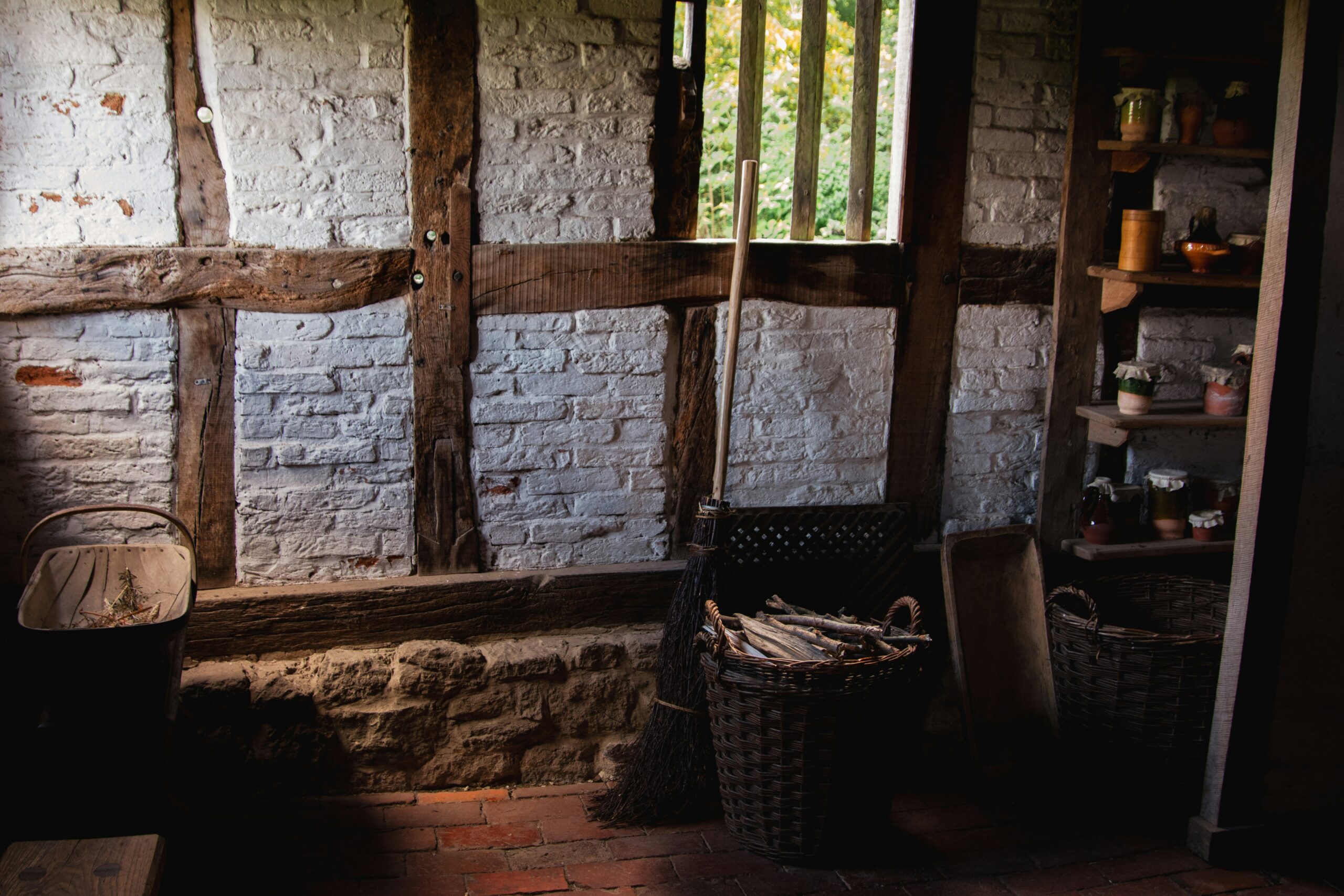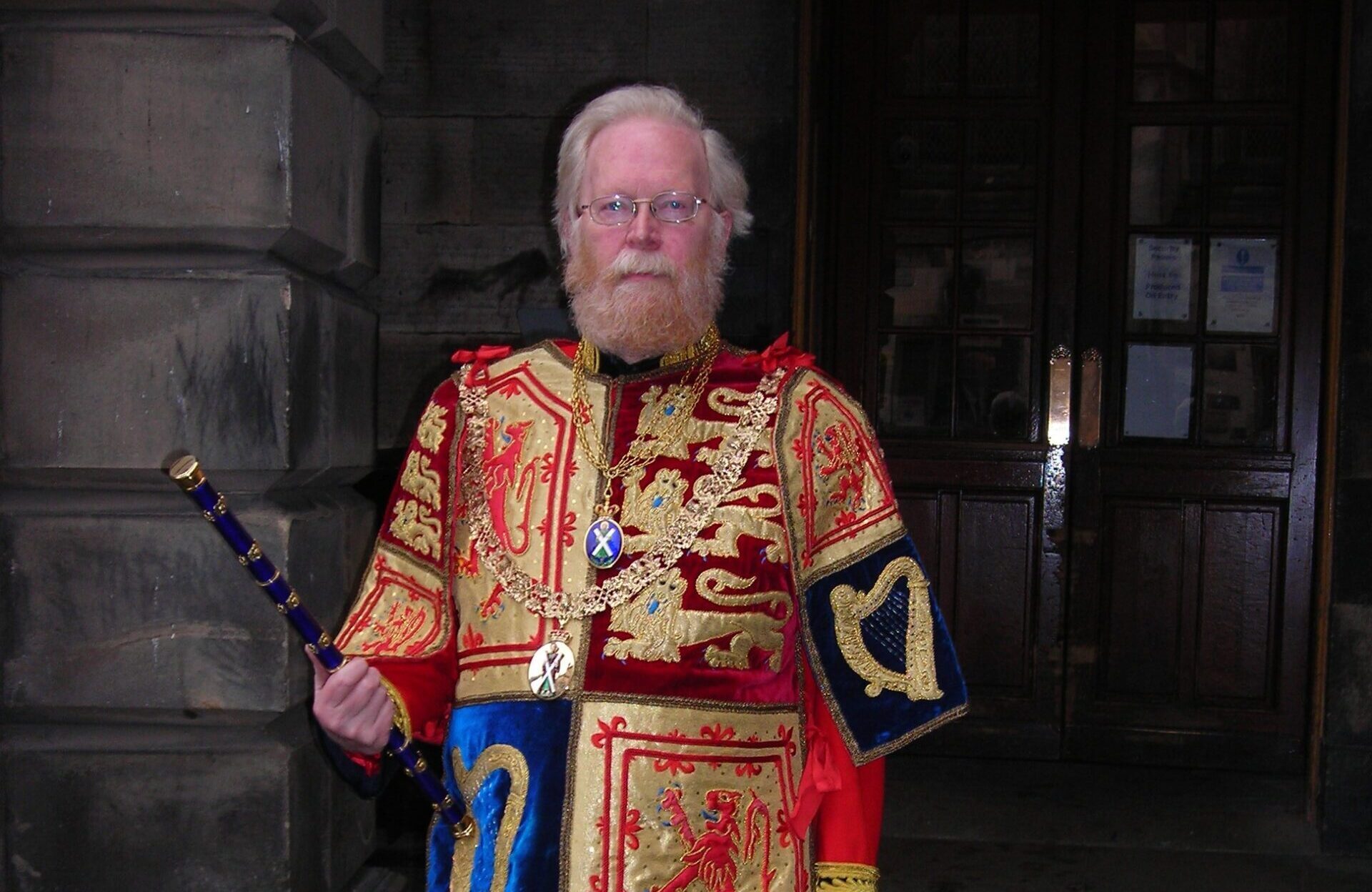by Lisa Cowan, PhD candidate, University of Edinburgh
In Armstead v Royal & Sun Alliance Insurance Co.[1] the appellant, Lorna Armstead, was involved in a road collision. While her own car was out of action, she hired a rental car, a Mini Cooper, from Helphire. By a terrible coincidence, she was then involved in a second accident in the rental car. A third party, insured by the respondent Royal & Sun Alliance (RSA), was at fault. Under the terms of rental agreement with Helphire, Armstead became liable for an amount equivalent to the daily rental rate of the car. This represented the value of Helphire’s loss of use of the car while it underwent repairs. (This was referred to in the case as the ‘Clause 16 sum’).
When Armstead’s appeal eventually reached the Supreme Court, the issue turned on the interaction between the law of tort and contract. In addition to the cost of repairing the rental vehicle, could the value of Armstead’s contractual liability to Helphire be recovered from RSA, the insurer of a third party who was at fault? At stake was the princely sum of £1,560.
Leave a Comment


